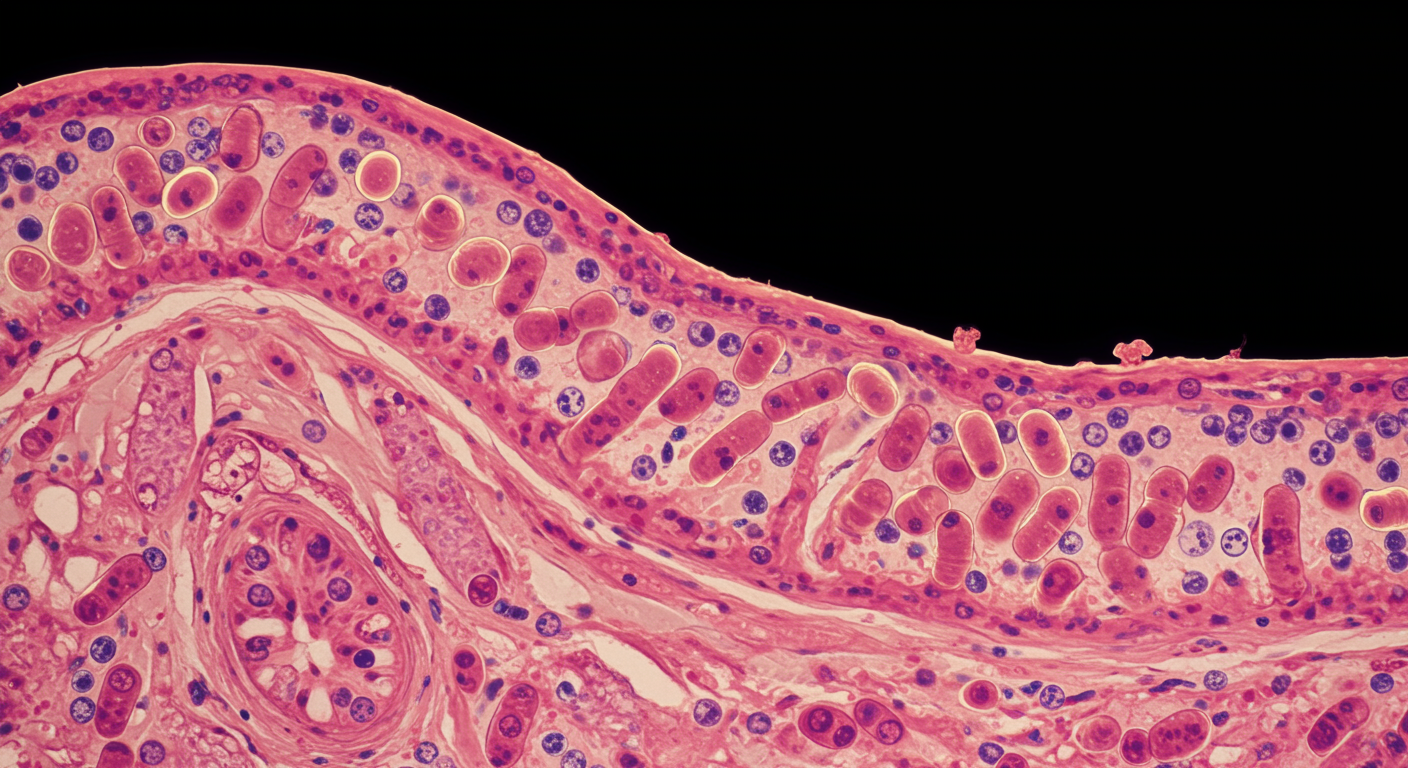H. Pylori Protects Against Barrett's Esophagus: Meta-Analysis
Does H. Pylori Infection Actually Protect Against Barrett’s Esophagus?
Yes, Helicobacter pylori infection significantly reduces the risk of Barrett’s esophagus by 44% according to this comprehensive meta-analysis. The protective effect appears to result from H. pylori-induced reduction in gastric acid production, which decreases the severity of acid reflux that drives the development of Barrett’s metaplasia in the esophagus.
Dr. Kumar’s Take
This meta-analysis reveals another fascinating paradox of H. pylori infection - while it can cause ulcers and gastric cancer, it actually protects against Barrett’s esophagus and esophageal adenocarcinoma. The mechanism makes biological sense: H. pylori reduces acid production, which means less severe reflux and lower risk of the chronic acid exposure that leads to Barrett’s changes. This creates a complex clinical dilemma about H. pylori treatment in certain patients and highlights how our understanding of “good” and “bad” bacteria continues to evolve.


